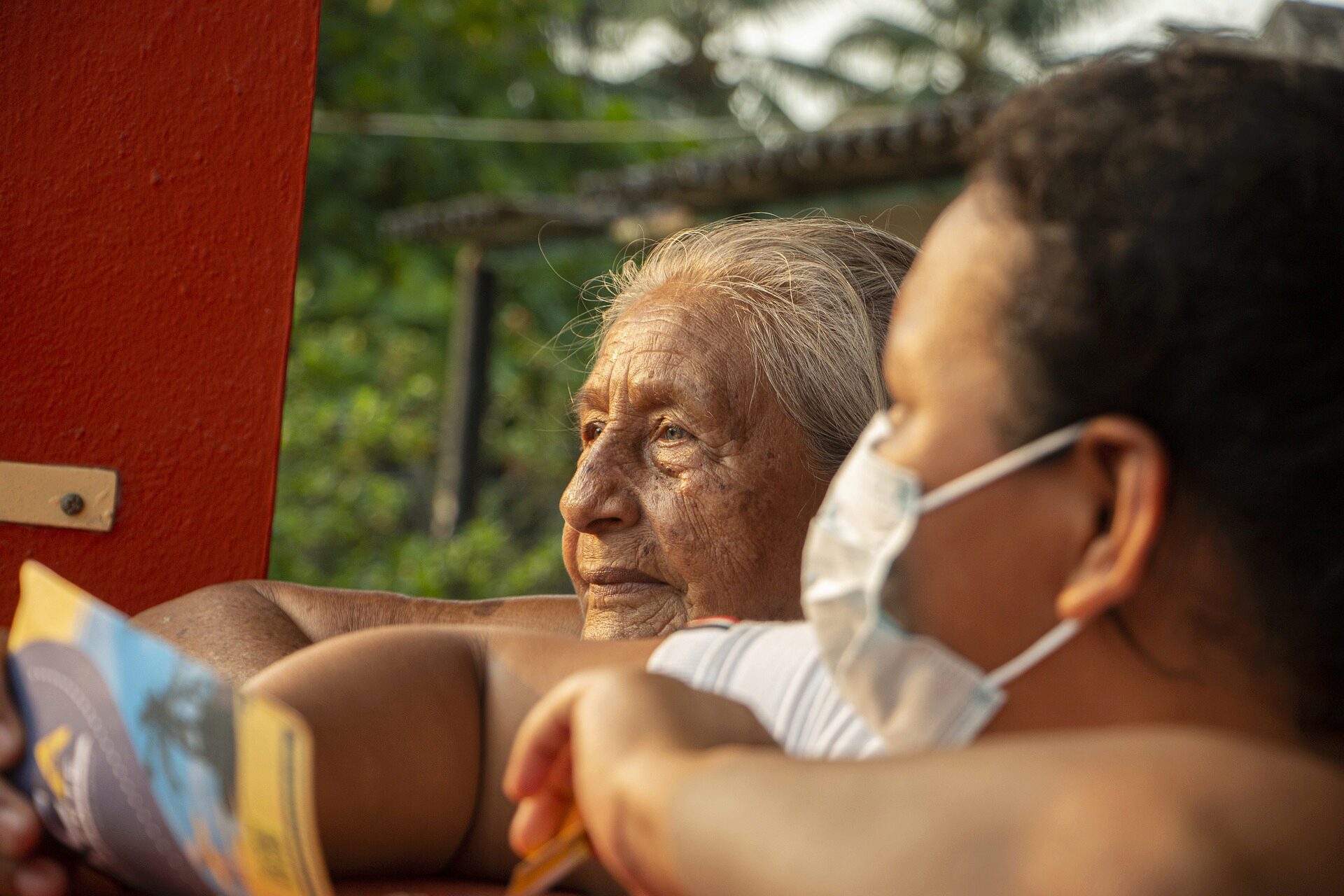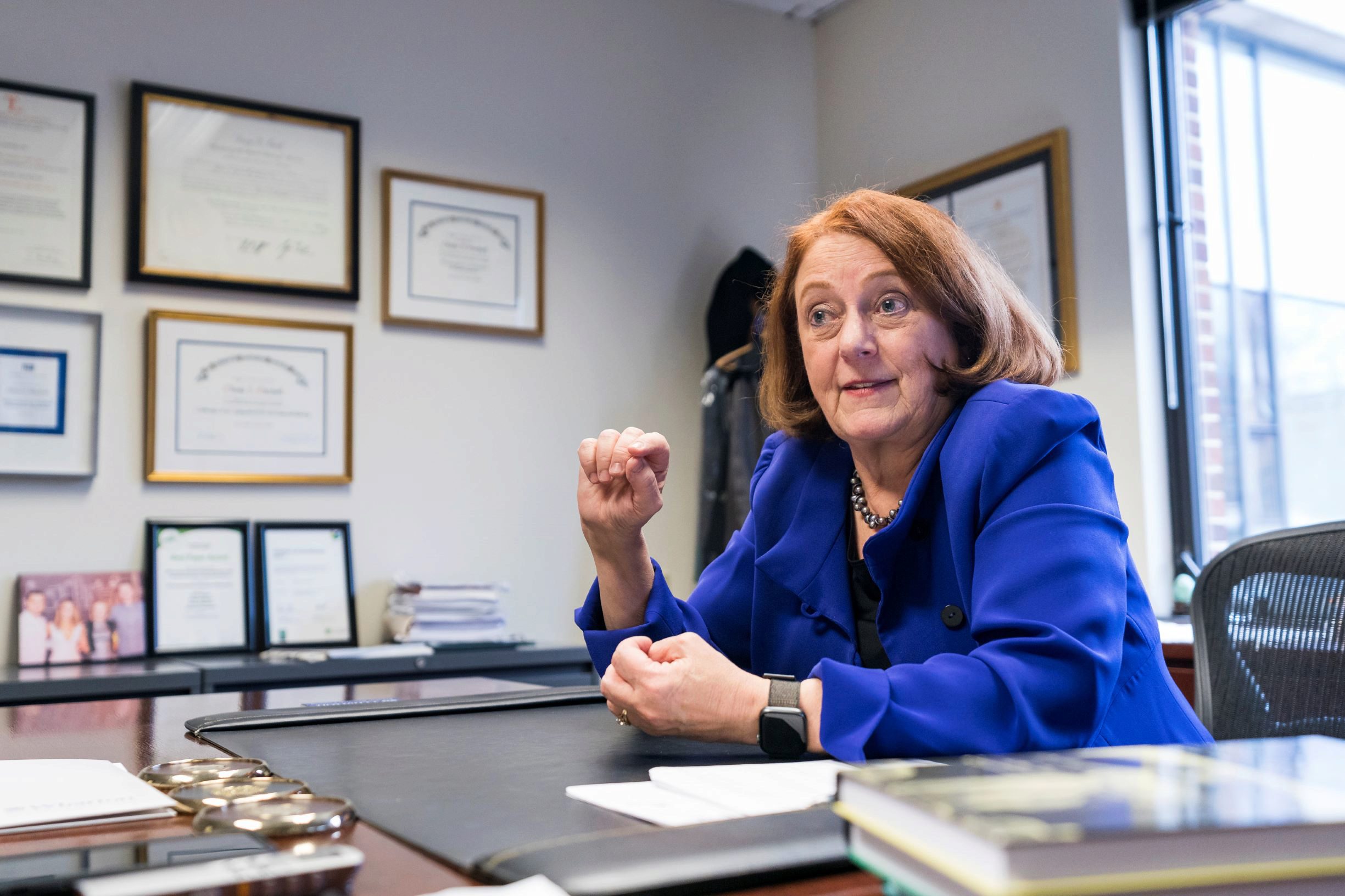
The gender wage gap, motherhood penalty, and lower credit scores can hinder retirement wealth building, shows Professor Olivia S. Mitchell in recent MarketWatch piece. Despite these obstacles, women can enhance their financial paths.…Read More

The gender wage gap, motherhood penalty, and lower credit scores can hinder retirement wealth building, shows Professor Olivia S. Mitchell in recent MarketWatch piece. Despite these obstacles, women can enhance their financial paths.…Read More

Black and Hispanic women face greater economic challenges than white women in both good times and bad, according to new research by Wharton Prof. Olivia S. Mitchell, Prof. Robert Clark of North Carolina State University, and Prof. Annamaria Lusardi and Hallie Davis of George Washington University. Via Pensions & Investments.…Read More

Women’s financial knowledge and confidence are quite low, with Black and Hispanic women particularly poorly served by one-size-fits-all financial education programs. Better-targeted programs that take their particular needs and circumstances into account would help, explains Wharton Prof. Olivia S. Mitchell in the Wharton Social Impact Faculty Spotlight. …Read More

Workplace-sponsored financial education programs, as well as programs targeted to the specific circumstances of Black and Hispanic women, would boost financial literacy far more than a one-size-fits-all approach, explains Wharton Prof. Olivia S. Mitchell to Julie Stich of IFEBP. Paper here: Financial Well-being among Black and Hispanic Women…Read More

Women’s jobs pay less and offer fewer benefits than average, and women work in sectors hardest-hit by the pandemic shutdown. So women (especially those with kids) will bear more of the COVID-19 burden than men, Wharton Prof. Olivia S. Mitchell tells Knowledge@Wharton.…Read More
Baby Boomer women – now in their 50’s and 60’s – are doing worse financially than older women in the 1990s. My new research with Professor Annamaria Lusardi explains why, using national representative survey data from the Health and Retirement Study and the National Financial Capability Study. We track changes in older women’s work plans and debt burdens, along with the links to financial literacy and debt stressors.…Read More
Older women confront many retirement security challenges. For one thing, women live longer than do men, so their money must stretch farther. For another, many average fewer years in the paid workforce and, when they do work, their average pay is often lower. Additionally, they are more likely to work part-time, for a lower salary. These factors all translate into lower retirement accumulations, smaller retirement payouts, and higher poverty rates in old age, as reported in a recent Society of Actuaries 2014 study “Impact of Retirement Risk on Women.”…Read More
Retirement planning is extremely important for women, and ideally it should consider the big picture including financial resources, the family’s situation, risks, and employment. Nevertheless, many women are more focused on meeting their families’ current needs than on their longer-term futures. This article looks at how family issues can shape women’s retirement plans and examines issues and planning steps that might otherwise be overlooked.…Read More